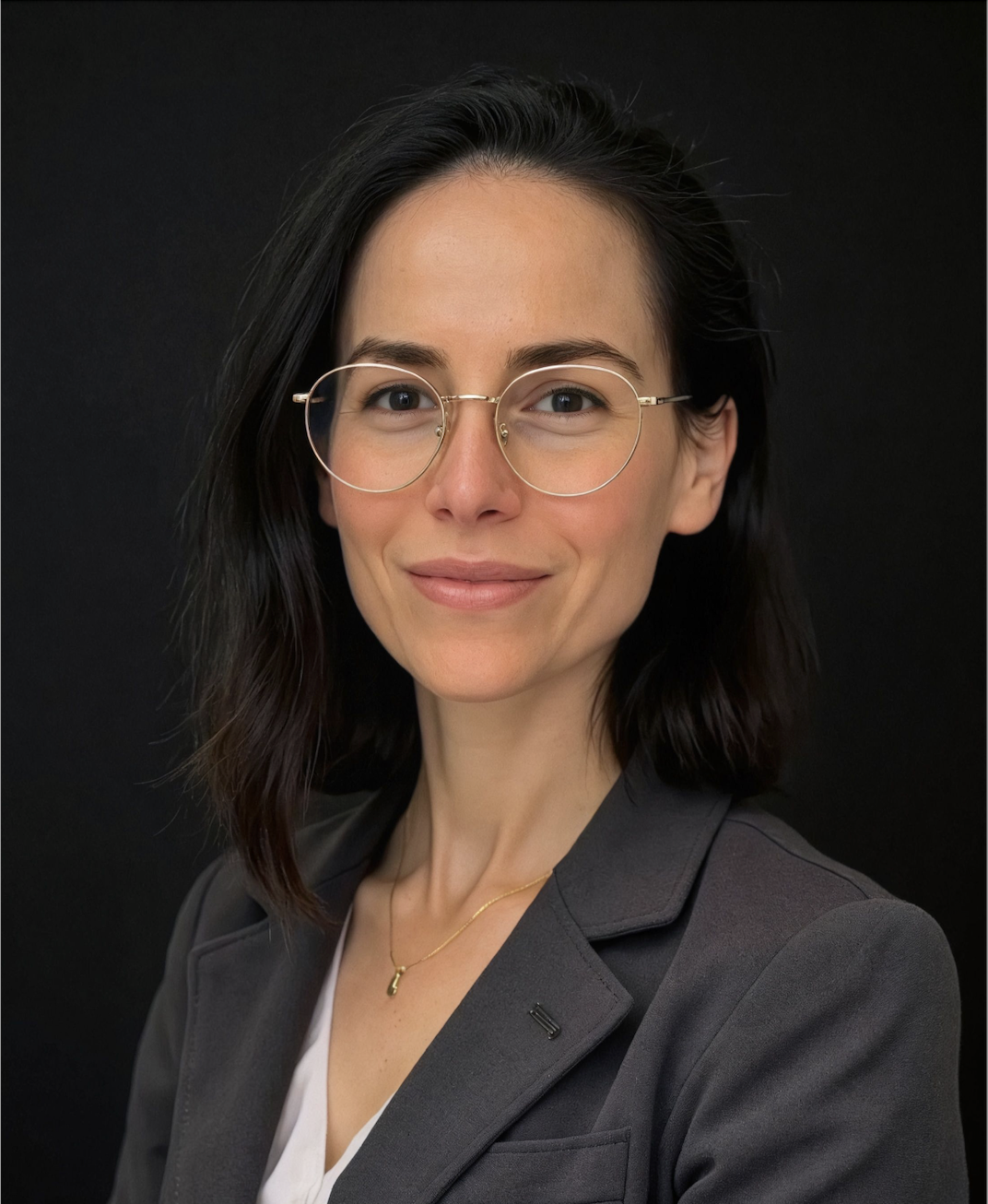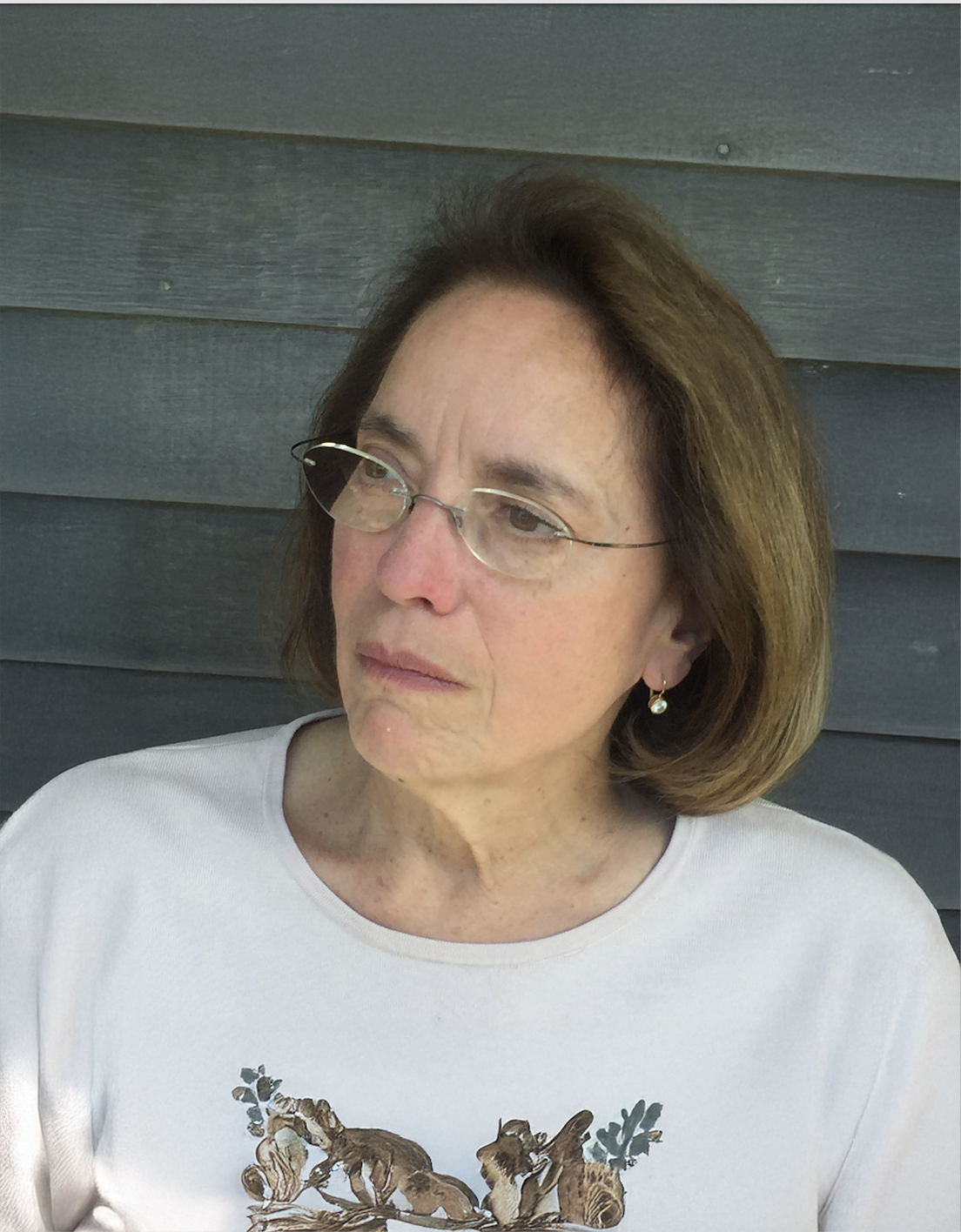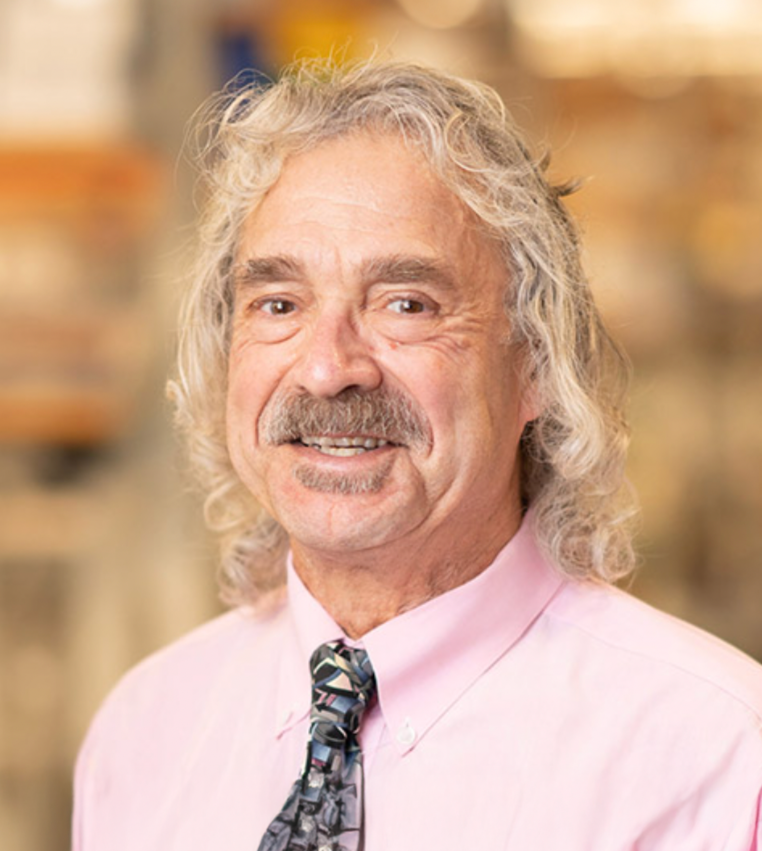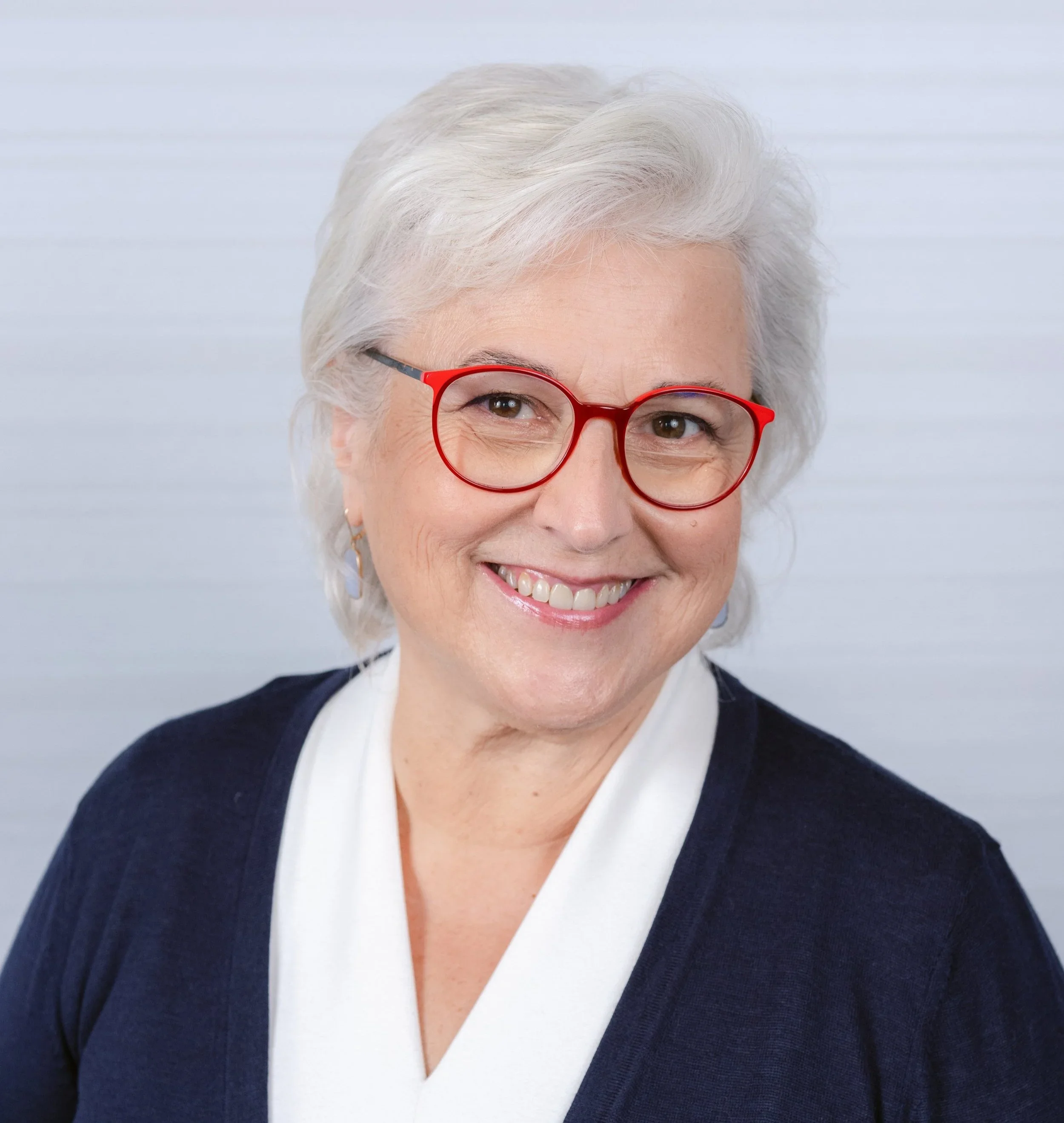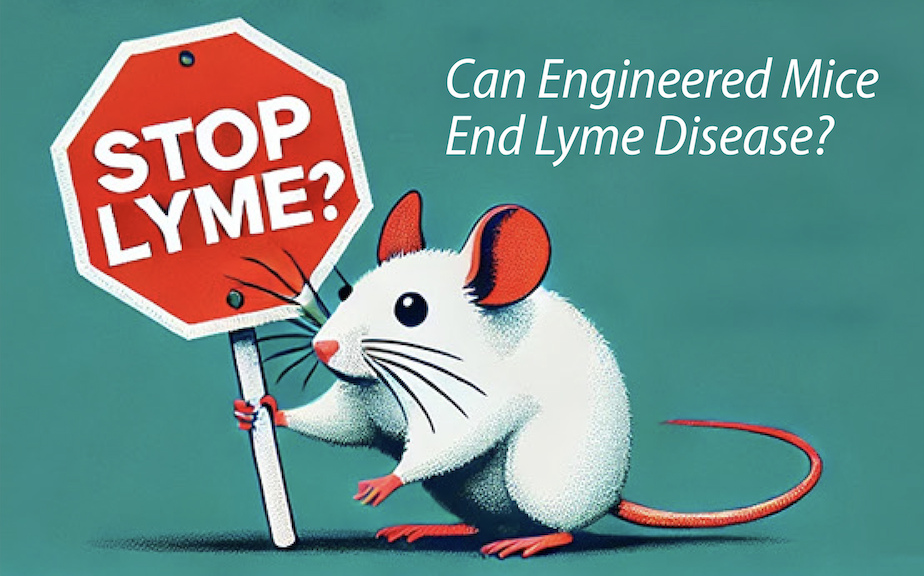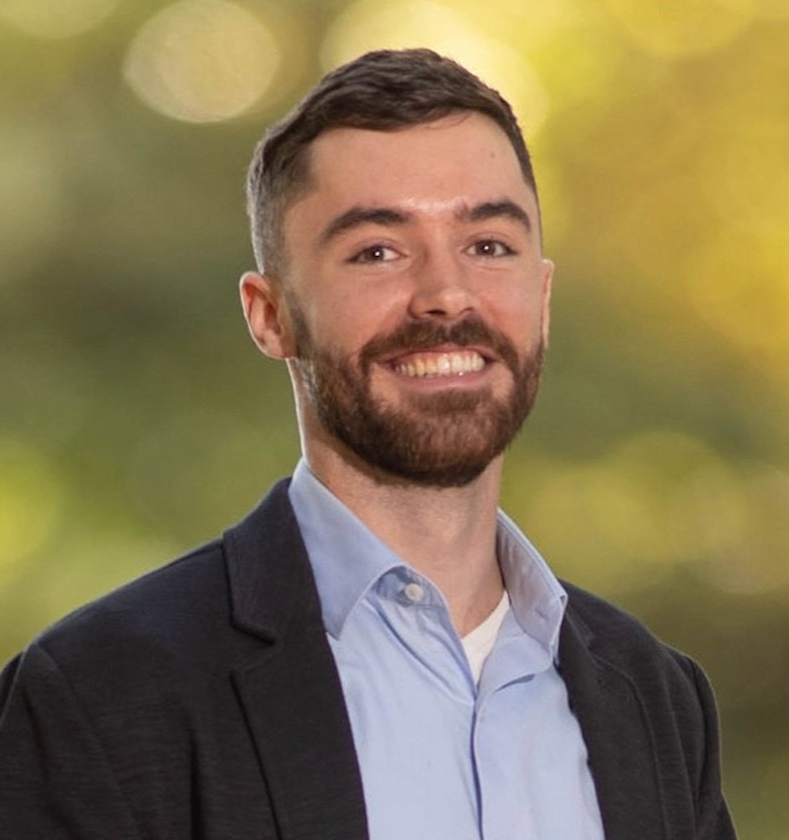
Meet Our Board & Advisors
Nonprofit Board of Directors
Beth Colt is a partner at J.M. Forbes & Co. in Boston and deeply committed to projects that put communities first. As president of the Mice Against Ticks board, she helps shape strategy, guide the project’s vision, and ensure its work remains rooted in the needs of the people it aims to protect.
Beth Colt
As research director and board member, Joanna guides the scientific and strategic direction of Mice Against Ticks. Her team at MIT created the first Lyme-immune laboratory mice and engineered the first white-footed mice, laying the groundwork for community-guided solutions to tick-borne disease.
Joanna Buchthal, Ph.D.
Ana brings her experience in clinical trials at the NIH to the Mice Against Ticks board, helping guide research with a focus on public health impact. A pharmacist by training, she championed the role of “protocol pharmacists,” improving the clarity and safety of clinical trials for communities worldwide.
Ana Martinez, RPh
Roberto is the Executive Director of Fairwinds Nantucket and former Director of Nantucket’s Health & Human Services Department. He brings deep experience in public health and community engagement to the Mice Against Ticks board, helping ensure the project’s work reflects the needs and priorities of island residents.
Roberto Santamaría, Dr.PH.
John Goldman, M.D.
John is an Emeritus Professor of Medicine at Penn State University College of Medicine. A part-time Nantucket resident, he serves on the Mice Against Ticks board and consults for the Nantucket Board of Health on tick-borne disease issues, bringing both academic and clinical expertise to local public health efforts.
Scientific Advisors
Kevin Esvelt, Ph.D.
Kevin Esvelt is an Associate Professor at the MIT Media Lab, where he leads the Sculpting Evolution group. Known for inventing Phage-Assisted Continuous Evolution (PACE) and pioneering gene drive technology, he is deeply committed to developing community-guided solutions to ecological challenges and helped launch the Mice Against Ticks project to ensure local voices shape its approach to reducing tick-borne disease, setting an example for how scientists and communities can work together on future ecological engineering projects.
Associate Professor
MIT Media Lab, Massachusetts Institute of Technology
Dr. Marasco is a distinguished immunologist with decades of experience advancing antibody discovery and development. He founded the NFCR Center for Therapeutic Antibody Engineering in 2003 to accelerate the translation of human monoclonal antibodies into cancer treatments. His laboratory is a leader in human antibody engineering, creating one of the world’s largest phage-display libraries (~27 billion antibodies) and producing neutralizing antibodies against SARS, West Nile, influenza, HIV, and more—several now in clinical development. Within Mice Against Ticks, Dr. Marasco directs the discovery and development of anti-Lyme and anti-tick antibodies, applying his expertise to prevent tick-borne disease.
Professor of Medicine
Dana-Farber Cancer Institute
Harvard Medical School
Wayne Marasco, M.D/Ph.D
Sam Telford, Sc.D.
Sam Telford is a Professor in the Department of Infectious Disease and Global Health at Tufts University and Director of the New England Regional Biosafety Laboratory. His research focuses on the ecology and epidemiology of vector-borne infections—especially those spread by ticks—as well as wildlife parasitology, arbovirology, and public health interventions, with particular interest in the factors that drive disease transmission in animals and humans. He has spent more than 35 years studying the ecology of ticks and tick-borne diseases on Nantucket and Martha’s Vineyard and has authored over 200 scientific papers on the subject, making him one of the nation’s leading experts on Lyme disease ecology and prevention.
Professor
Department of Infectious Disease and Global Health, Tufts University
Larisa Rudenko Ph.D.
Co-Founder
BioPolicy Solutions, LLC
Dr. Rudenko is molecular biologist and toxicologist who has spent her career developing novel approaches for assessing the risk from and safety of the products of emerging biotechnology. She served as Senior Advisor for Biotechnology at the US FDA, where she developed and implemented the policy for animal cloning and intentional genomic alterations in animals, and oversaw several world-first approvals of genetic engineering products in animals. As a Co-Founder of BioPolicy Solutions, she provides scientific and regulatory due diligence for investors in early stage biotechnology companies, while helping start ups develop and launch new products. At Mice Against Ticks, Rudenko directs regulatory strategy.
Emma Chory, Ph.D.
Emma Chory is an Assistant Professor of Biomedical Engineering at Duke University, where she leads the Chory Lab in developing high-throughput robotics platforms, directed evolution tools, and precision biologics grounded in chromatin biology and synthetic systems. She is deeply interested in creating scalable, open tools to help tackle disease via engineered biological systems. She works with Mice Against Ticks to explore how cutting-edge biotechnology can be harnessed to break the cycle of tick-borne disease and helped develop many of the technologies that underlie the project.
Assistant Professor
Department of Biomedical Engineering
Duke University
Senior Scientist
MIT Media Lab, Massachusetts Institute of Technology
Ashton Strait, M.S.
Ashton Strait is a molecular biologist specializing in CRISPR technology development, high-throughput assays, and transgenesis. She is currently a Research Scientist at the MIT Media Lab’s Esvelt Lab, where she helps design and carry out genetic engineering experiments for the Mice Against Ticks project. Her background spans molecular biology, genetic circuit design, and next-generation sequencing. Prior to MIT, she contributed to malaria elimination efforts in Southeast Asia and diagnostic assay development at BioFire Diagnostics.
Director of Transgenesis
MIT Media Lab, Massachusetts Institute of Technology
Zachary Hill
Zachary Hill is a specialist in transgenesis with expertise in embryo microinjection, surgery, and reproductive technologies. He previously served as lead technician at the Whitehead Institute transgenics facility, overseen by the Jaenisch Lab, which pioneered the first examples of animal transgenesis. His technical background spans stem cell culture, in vitro fertilization, embryo electroporation, and precision microinjection—the gold standard for generating high-quality transgenic mice.
This work is only possible through collaboration.
From local leaders to world-class researchers, our team reflects a shared commitment to community-driven science, ecological responsibility, and lasting solutions to tick-borne disease. We’re proud to work together — and with you — to protect what matters most.

